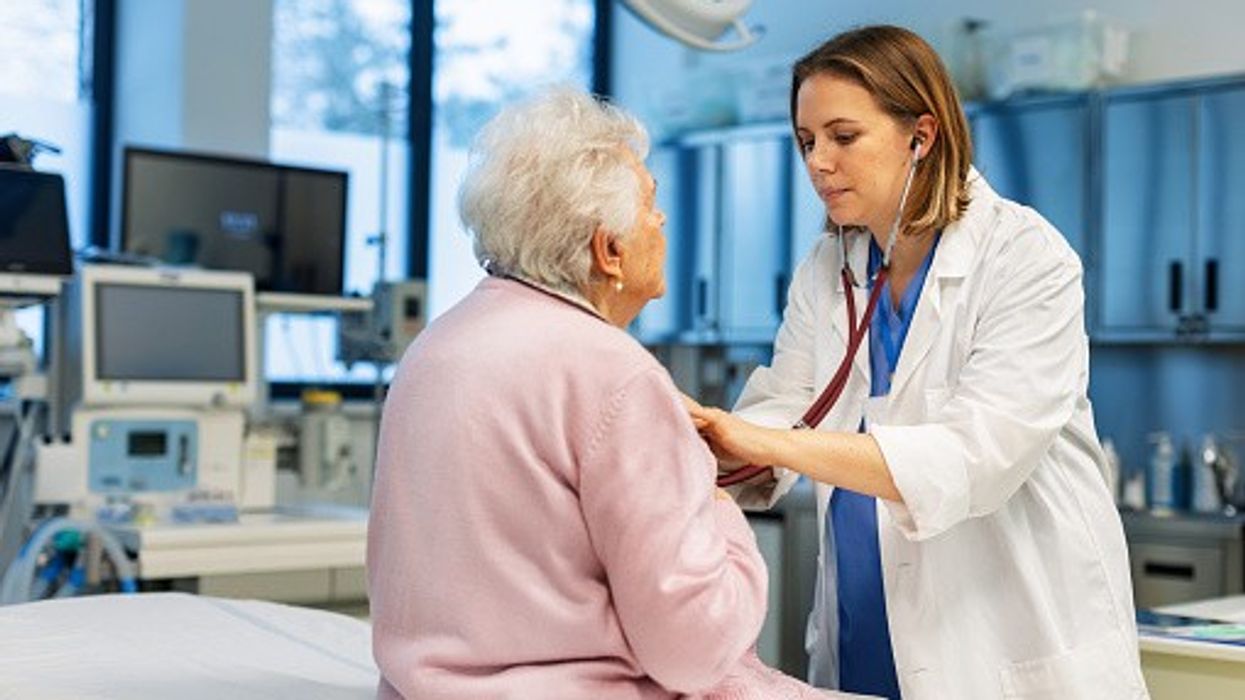Women are more likely to benefit from receiving treatment from female doctors than men
If you believe you'll feel better under the care of a female doctor, you may not be wrong. Researcher have found a correlation between the gender of physicians and clinical outcomes for patients.
Hospital patients have lower mortality and readmission rates when treated by female physicians, according to a study published recently in the journal Annals of Internal Medicine.
Moreover, the benefit of receiving care from female physicians was found to be larger for female patients than for male patients.
Female patients showed a mortality rate of 8.15 per cent when treated by a female doctor, compared to 8.38 per cent under the care of a male physician.
Among men, 10.15 per cent experienced mortality within 30 days of discharge under the care of a female doctor, compared to 10.23 percent with a male physician.
It is a small but “significant” difference, noted the scientists from the University of California, Los Angeles (UCLA) who suggested that the difference could be due to male doctors underestimating the severity of their female patients’ illnesses.
They also proposed that the effect could be due to female doctors communicating with their female patients better, and women finding it more comfortable engaging in detailed and sensitive conversations with doctors of the same gender, potentially resulting in better diagnoses and treatment.
Dr Yusuke Tsugawa, the senior author of the study and an associate professor at the David Geffen School of Medicine at UCLA, noted that their research indicated disparities in medical practice between female and male physicians, with a significant impact on patients' health outcomes.
For the study, the researchers used data of Medicare fee-for-service beneficiaries hospitalized with medical conditions between 2016 and 2019 in the United States.
Of 458,100 female and 319,800 male patients included in the study, approximately 31 percent of them were treated by female physicians.
The study found that female patients had a lower likelihood of being readmitted within 30 days if they were under the care of a female doctor. Specifically, 15.23 percent of women with a female physician were readmitted, compared with 16.71 percent of women with a male physician.
Dr Tsugawa emphasised the importance of conducting additional research into the underlying mechanisms linking physician gender with patient outcomes, as well as understanding why the benefits differed between female and male patients.
This exploration has “the potential to improve patient outcomes across the board,” he said.
Acknowledging that female physicians deliver high-quality care and that increasing their representation benefits patients, the researchers recommended addressing pay disparities within the profession.













